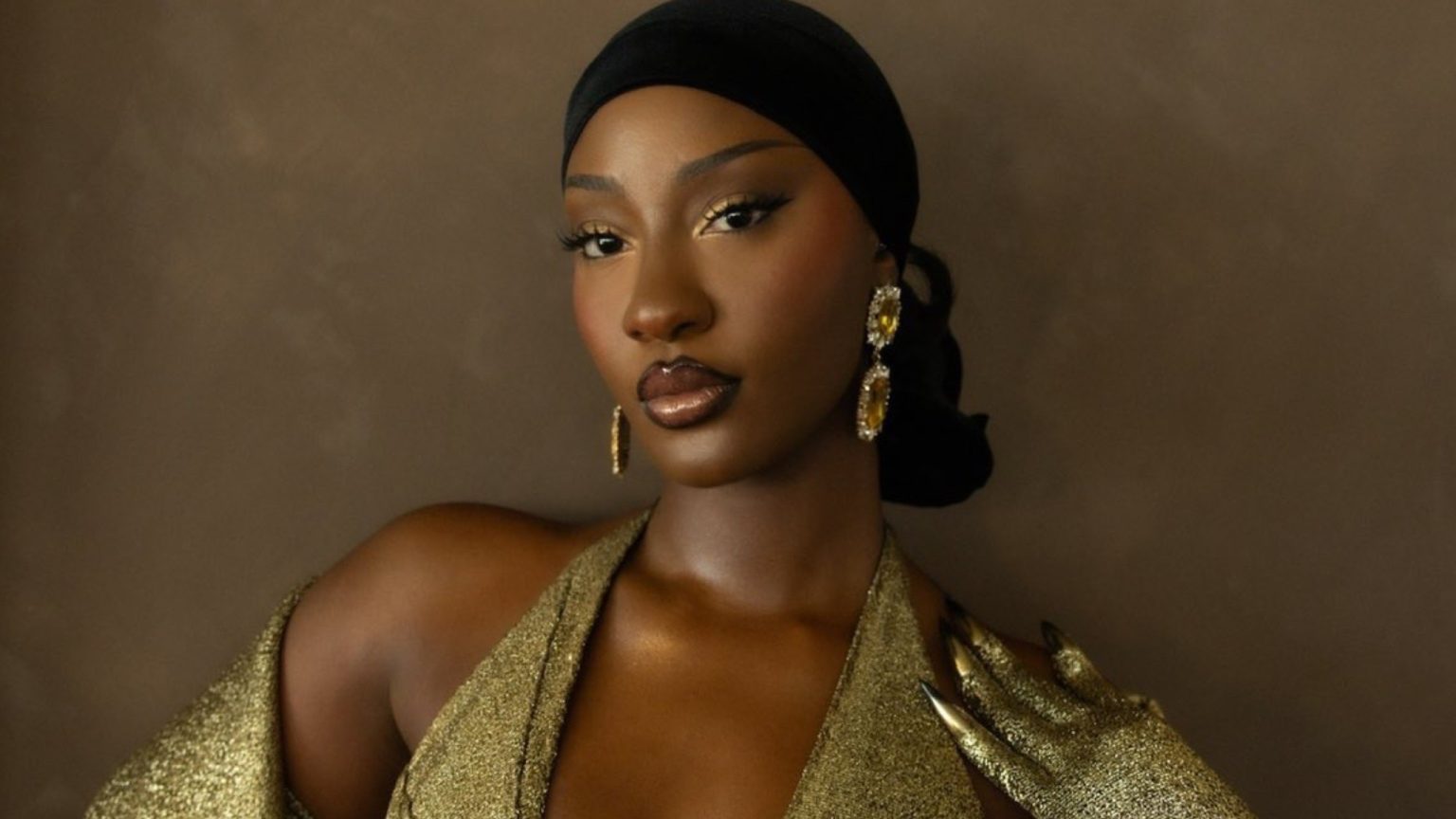Ghana lost the ‘jollof-war’ to Sierra-Leone, Nigeria and Liberia by placing fourth in the just ended 2019 Jollof Competition in Washington, District of Columbia (DC).
The programme which took place at the Pupils Heart at the College of the District of Columbia (UDC) saw hundreds of persons in attendance.
The contest was to ascertain who would win the envious ‘Queen of Jollof’ title with countries including Ghana, Liberia, Gambia, Nigeria and Sierra Leone all gunning for the top honour.
The raging debate of whose Jollof tastes better has been on for years, particularly between Ghanaians and Nigerians with nationals of both countries touting their prowess on social media.
But at the end of the competition, as the talk was put into real action, neither Ghana nor Nigeria had won the contest. 26-year-old Carol Mabinty Khanu from Sierra Leone was crowned the 2019 DC Queen of Jollof, with Liberia placing second and Nigeria, a close third.
One of the organisers of the contest, Ismael Osekre in an interview said “we are incredibly joyful for Carol and we desire her and all other winners and individuals the greatest on their individual journeys, they all immensely contributed to the achievements tale that this festival has developed into given that we began in 2017.“
Nigeria won the first-ever Jollof competition in Washington DC in 2017.
Different Jollof Competitions have been held across the world, with famous critics from all over the world coming together to taste, examine the differences, and give their overall judgments on all ‘forms’ of the dish.
Jollof rice is one of the most common dishes in Western Africa, consumed throughout the regions of Nigeria, Senegal, Ghana, Sierra Leone, Gambia, Togo, Liberia, Niger, Mali, Ivory Coast and Cameroon.
In 2017, the Ghana Tourism Authority launched the maiden edition of the Jollof Rice Festival as part of the ‘See Ghana, Eat Ghana, Wear Ghana, Feel Ghana’ campaign.
This was to promote domestic Tourism, Ghanaian culture and heritage.
















